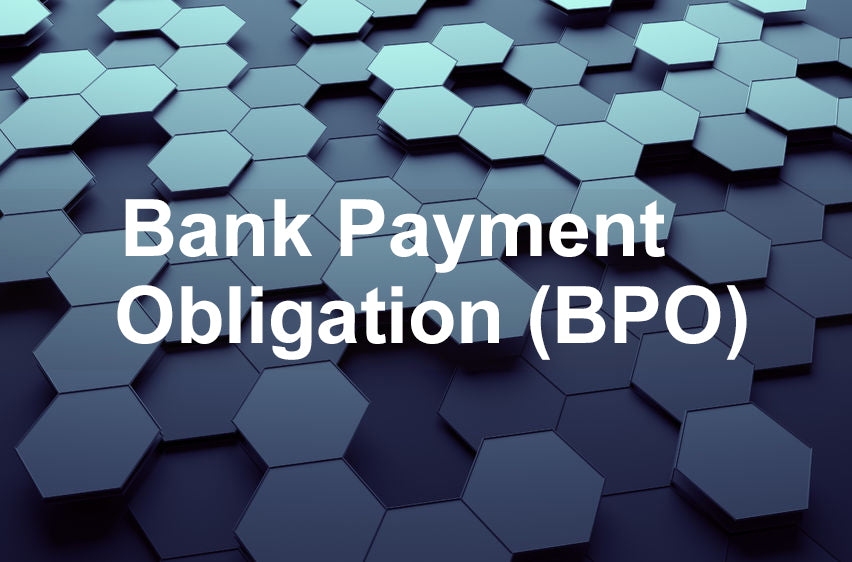Categories
- Anti Money Laundering
- authenticated
- automatic extension
- bill of lading
- compliance
- Counter Terrorist Financing
- extension
- financial crime
- Financial Guarantee
- Guarantee
- Independent Guarantee
- Iran
- ISP98
- LC
- LC Law
- LC Statistics
- Red Flags
- Sanctions
- Standby LC
- SWIFT
- Trade Based Financial Crime Compliance
- tranport documents
- UCP500
- UCP600
- wrongful dishonor

BPO’s Rocky Road
In the current issue of Documentary Credit World, two articles about the Bank Payment Obligation (BPO) give readers an update on this tool for digital trade finance, offering a glimpse into its place in the industry. The first is a look at the past, present and future of the BPO, including an analysis of the growing pains and slow adoption rates in the trade finance community. The second article, authored by David Hennah, a key architect of the BPO, takes a deeper look into the way forward for the instrument.
BPO - A Brief History
Launched in 2013, the BPO was initially touted as an innovative way for traders to secure and finance their open account trade transactions through their banking partners. The Bank Payment Obligation is an inter-bank instrument to secure payments against the successful matching of trade data. By allowing the obligor and recipient banks to use matching electronic data (including shipping or financial documents), the BPO enhances efficiency and trust, while reducing the risk of discrepancies.
BPO’s are subject to the Uniform Rules for Bank Payment Obligations (URBPO), issued by the ICC Banking Commission in 2013. In June of 2017, the ICC has proposed to revise the URBPO.. You can find the current version along with all other trade finance practice rules in LC Rules & Laws 7th Edition.
Looking Ahead
In the DCW article, David Hennah laments the opinion that many have of the BPO as a replacement for the LC, stating that "the BPO is not and cannot be a next generation or even electronic version of a letter of credit". He goes on to clarify that the BPO is intended to mitigate risk and provide payment assurance services, and "to be used as a form of collateral for the increasing number of counterparties opting to trade on open account".
In the age of trade digitization, where does this leave the Bank Payment Obligation? With the possibility of a URBPO revision, as well as continued use of Open Account, there may yet be future use in store. In Hennah's words, "Despite its imperfections, and whatever form it may take going forward, trade in the 21st century demands that we invest if not in BPO itself then in a new form of obligation with equivalent values."
To discuss BPO, and trade digitization in all its myriad forms, join us at the Annual Survey of Letter of Credit Law and Practice in 2018 where these topics form the opening panels. Events will be held in the US, Dubai, Belgium, Sweden, Hong Kong, and Singapore.





